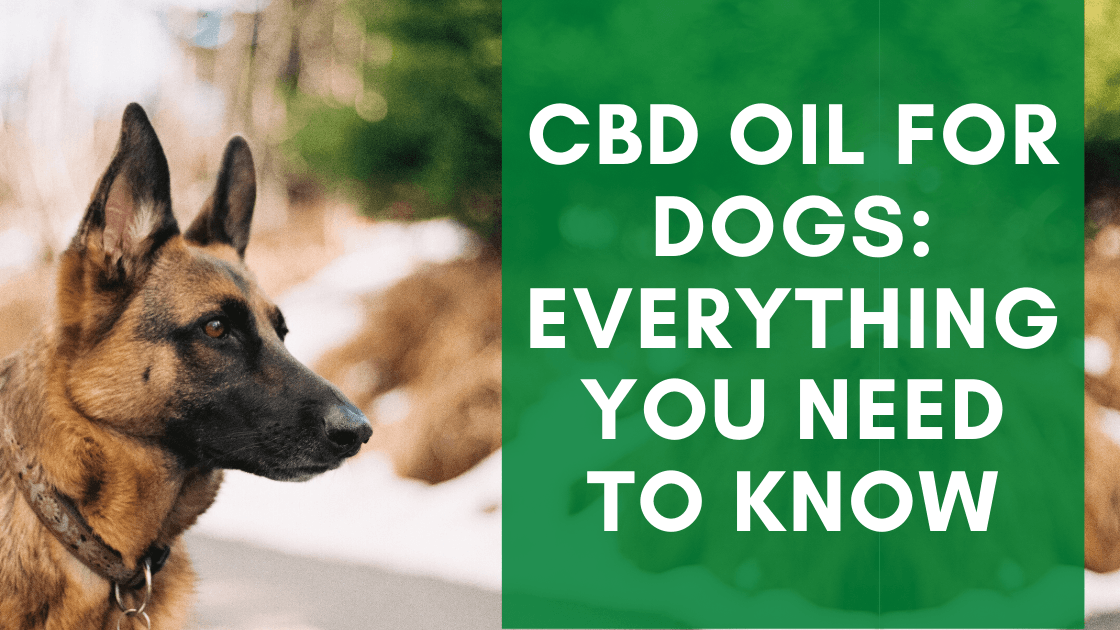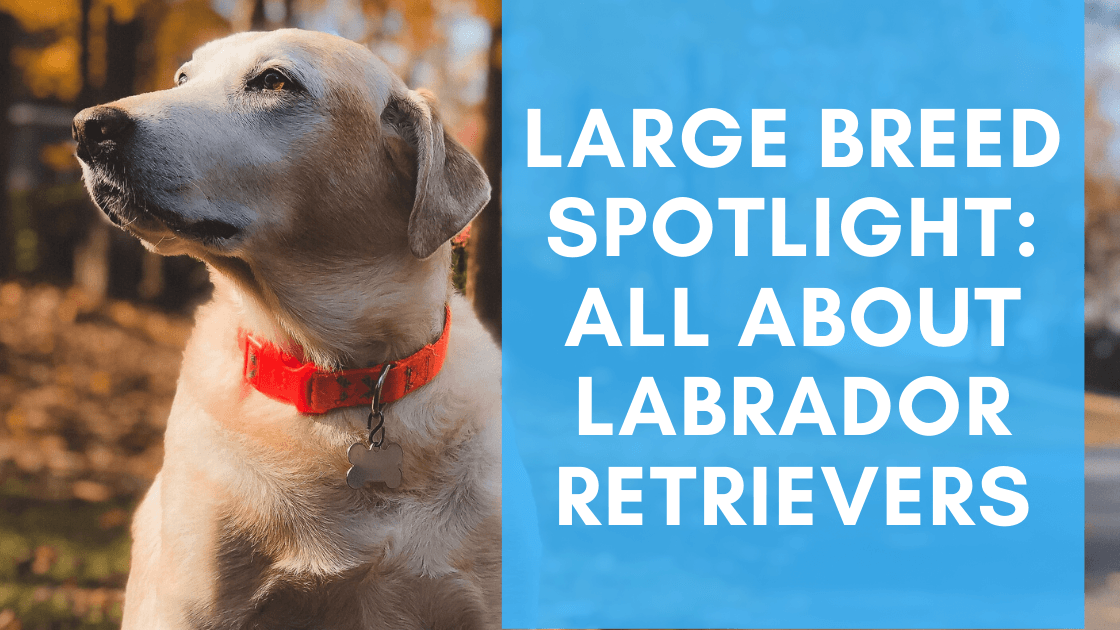Have you been to a pet store recently and seen a display of CBD oil for dogs? What is this stuff and why are people using it on their pets?
With the legalization of marijuana in more and more states across the country, the medical and psychological benefits of cannabis--in all of its forms-- are being researched and explored. Potential uses for pets is no exception to the trend
Cannabidiol, more commonly known as CBD, is one compound found in cannabis and hemp that is hitting the markets fast and hard. It does not contain any THC, the part of marijuana that gives it its psychoactive properties but does seem to pack a variety of benefits to dogs in its own right.
The new and booming cannabis industry is certainly infiltrating all different markets from beauty products to foods. Today let’s learn more about its place in the pet industry by unpacking everything you need to know about CBD oil for dogs.
What is CBD oil for dogs?
CBD, short for cannabidiol, is a compound derived from cannabis and hemp. It does not contain THC, the compound of cannabis that gives user’s their “high”. CBD is said to offer a variety of health benefits to animals and people from psychological benefits to pain relief and many things in between.
CBD comes in many different forms. Most often, we hear about CBD oil. CBD oil is usually an MCT oil (derived from coconut oil) mixed with cannabidiol. CBD oil is sold in tinctures with different strengths. The product strengths correlate to a recommended dog weight range. The product comes with a dropper so that you can give the appropriate dosing to your dog based on their size.
CBD oils for dogs come in fun dog-friendly flavors such as peanut butter and chicken. CBD oil for dogs can be given directly, put on a treat, or added to their food bowl.
In addition to CBD oil, there are other CBD products out there marketed toward your pooch including CBD or hemp treats that come in a variety of flavors, and CBD capsules. Just like with the oils, these products have different strengths of cannabidiol, and it’s important to follow dosing instructions.
What are the benefits of CBD oil for dogs?
Okay, now that you know what CBD oil is (and that it won’t leave your dog stoned or poisoned) let’s talk about why you’d want to use it? CBD oils and treats for dogs are creating a lot of buzz in the pet world and for good reason.
While the market is new, and research is limited, there have been some exciting studies published about the benefits of CBD oil, especially in older dogs. What’s more, anecdotally, dog owners across the country are touting the successes.
Here’s how CBD oil can help dogs:
- Reduce the frequency of seizures in dogs
- Reduce pain associated with arthritis in older dogs
- Anti-inflammatory effects
- Appetite stimulation in dogs that won’t eat
- Anti-nausea effects
- Reduces the need for other, stronger pain medications in dogs that have undesirable side-effects
- May reduce your dog’s separation anxiety or overall stress levels
- May contain anti-aging properties that can protect your dog’s joints, brain, and heart
- May help your dog’s digestive issues
- May address autoimmune issues and allergies in dogs
- May provide anti-cancer benefits
What are the cons of CBD oil for dogs
With the list of benefits above and lots of anecdotal evidence of the wonders CBD oil has had on dogs across the country, you’re probably wondering, what’s the catch?
Well, for starters, CBD oil isn’t regulated by the FDA for pets (or humans for that matter). Which means dosing and quality control aren’t held up to any federal standards. For this reason, many veterinarians refrain from taking a stance on CBD oil for dogs.
And because cannabis isn’t legal federally (though CBD technically is), political influences are deterring widespread and large-scale research on the benefits. Yes, some small research studies are starting to come out with proof of CBD’s effectiveness, but they’re limited.
In terms of CBD side effects on dogs, you may notice:
- Dry mouth and increased thirst
- Lowered blood pressure
- Drowsiness
(source)
Aside from those drawbacks, there isn’t much that can go wrong from giving your dog a recommended dose of CBD oil or CBD treats. In fact, most sources report that the worst that can happen is you don’t see any difference in your dog’s symptoms (source). However, like with any supplement or dietary change you plan for your dog, it is best to discuss it with your vet first.
How to choose a CBD oil for my dog?
Because CBD oil for dogs isn’t regulated by the FDA for quality control or standards, it’s important to research and choose your CBD products carefully. The AKC recommends the following criteria when choosing a CBD product for your dog:
- Choose a product that’s organic to avoid potentially toxic pesticides and fungicides
- Make sure the product states the amount of CBD that’s in the product and buy a product appropriate for your dog’s weight and size
- Make sure the product explicitly states that it is THC-free. All CBD oils and products for dogs should be THC-free, but it’s important to check
- The best form of CBD for your dog is liquid because the dosing is more regulated
- Usually, the higher quality the CBD the more expensive the product. The AKC recommends not price shopping when it comes to buying CBD oil for your dog
Should I give my dog CBD?
If your dog is suffering from issues with pain, anxiety, appetite or digestion, giving CBD oil might be worth a shot. As long as you purchase a high-quality product, discuss the decision with your vet and follow the dosing guidelines, there isn’t a lot to lose.
The best-case scenario? You notice your dog is happier and more comfortable.
Have you given your dog CBD oil? We’d love to hear your success story below!



